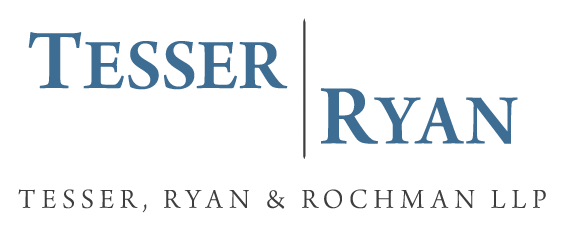U.S. Supreme Court to review cap on individual campaign contributions in Federal elections
The U.S. Supreme Court has scheduled oral argument for next Tuesday, October 8th to hear argument on the issue of the constitutionality of limitations placed upon contributions made by individuals to candidates for Federal elections. In McCutcheon and Republican National Committee v FEC, 12-536, the Court will hear arguments that regulations on contributions made by an individual party during a two year election cycle to political party committees, PACs, and individual candidates for Federal elective office is, inter alia, an unconstitutional restriction of First Amendment rights. The Court’s review of this case, only three years after the Citizens United decision, may have a profound impact on the way in which elections are financed and the possibility of any meaningful election campaign reform.
McCutcheon is a GOP political activist and regular supporter of GOP candidates and the Republic National Committee (RNC). He has challenged the Federal Election Committee (FEC) regulations limiting the amount an individual may contribute in a election cycle. The RNC has joined in challenging the amount it may accept in donations from individual supporters. Whereas the Citizens United case was a case which addressed spending limits, McCutcheon has now raised a challenge on contribution limits.
The Supreme Court’s controversial ruling in 2010 in Citizens United v. FEC, 558 U.S. 310 (2010) declared as unconstitutional limits on spending during Federal elections by corporations and labor unions so long as the spending was independent of a particular candidate. The Citizens United decision allowed unlimited spending on political action committees (PACs), which in turn used the funds collected to assist candidates and issues supported by the particular PAC. The result was unprecedented spending levels in recent elections. Citizens United quickly has changed the landscape in federal elections and campaigns and is a topic of constant discussion among political commentators and analysts.
The McCutcheon case now takes the issue of campaign finance to the next level. The case has created unprecedented media coverage, especially in social media. Newly formed web sites and blogs have been formed as both sides of the campaign finance issue have engaged in extensive media maneuvering and lobbying for public support. The plaintiff, McCutcheon himself, has set up a web site to attract support for his challenge. At least nineteen (19) amicus curie briefs have been filed with the Court, from groups such as the ACLU, Center for Competitive Politics, Brennan Center for Justice at NYU Law School, and the Tea Party Leadership Fund. Not to be left out, the Democratic members of the US House of representatives and Senator Mitch McConnell have also filed briefs with the Court. Senator McConnell’s motion for leave to participate in oral argument has been granted by the Court (McConnell, who also argued before the Court in the Citizens United case).
The dilemma faced by the Court in the McCutcheon case is whether to overrule the precedent set by the Court in 1976 in Buckley v. Valeo, 424 U.S. 1 (1976). The Buckley decision held that there is a distinction between the regulation of individual contributions and the regulation of expenditures. The Court justified regulating contributions based on the risk of corruption to the system. Should the Court invalidate regulation of individual contributions in McCutcheon, it would be overruling the nearly forty (40) year precedent set in Buckley. This reversal of a longstanding precedent may present a difficult dilemma to the conservative members of the Court, although several members of the Court have expressed that they are ready to reconsider the Buckley ruling. If they are joined by a couple of jurists, there is a good likelihood that the regulation of an individual’s contributions may be struck down. Coupled with the Citizens United decision, such a decision could strike grave blow to any hope for legislative campaign finance reform in Federal elections.
